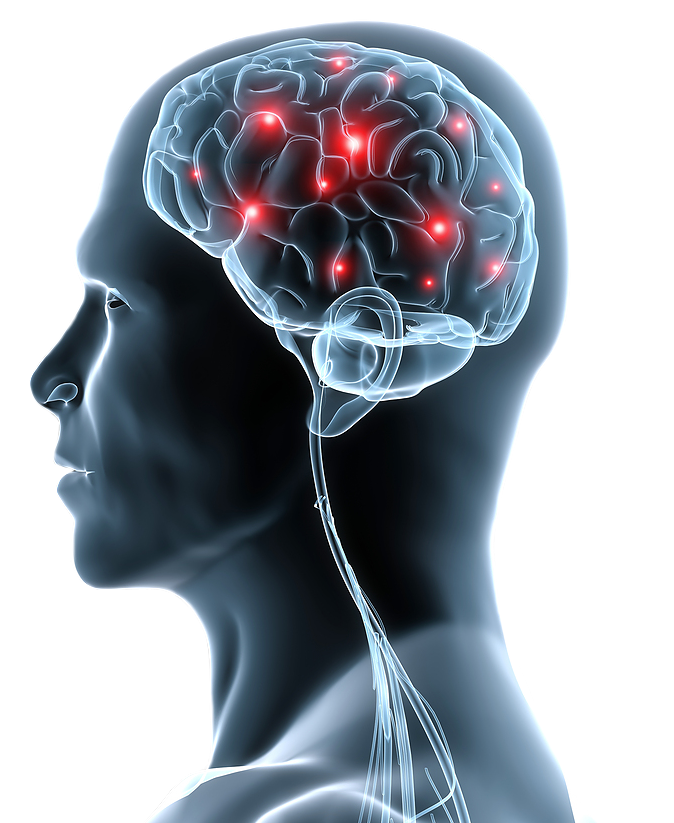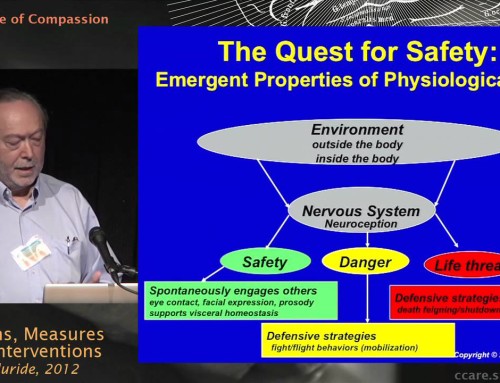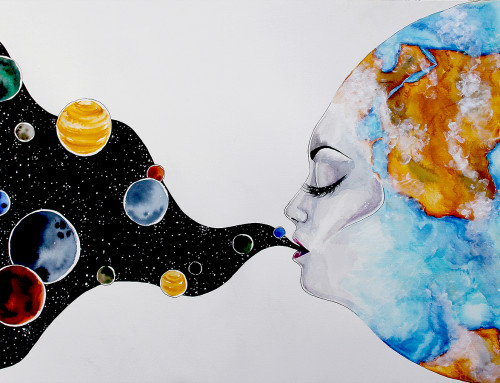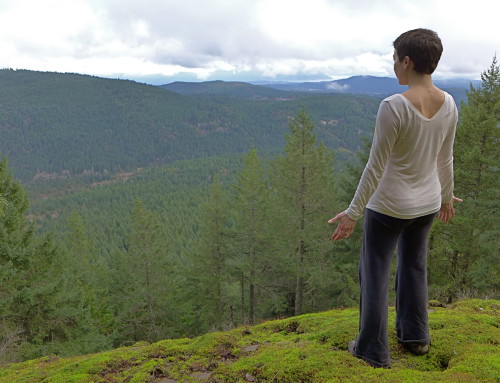How do we develop a sense of self? There are three main ways that a child’s sense of self is “awakened” by the caregiver: through a loving eye gaze, a gentle voice, and a caring touch, all of which are attuned to the present needs of the child. The child receives the sensory perceptions in her body—and this information travels to her brain, which then organizes it into a coherent “self.” It is through these perceptual channels that a baby FEELS seen, heard, and felt by another—and therefore KNOWS that she exists.
Sometimes caregivers are unable to provide sufficient empathy and attunement to the child, usually due to their own relational trauma. We call this “emotional neglect” because the child’s emotions are not attended to—instead they are ignored, denied, dismissed, or punished.
For the child, whose brain is rapidly developing, this causes a gap or, a severing between his bodily experience and his thinking. He must disconnect from his feelings and live only in his thoughts.
As an adult, a lack of sense of self can feel like an emptiness inside, or not knowing one’s true essence, which leaves a person vulnerable to mistreatment and abuse from others. A weak sense of self also makes it difficult to know one’s needs—let alone express them to another.
Working with an empathic, attuned counsellor can be a way to re-weave the connections in the brain– between sensations and imagination– that did not fully develop in childhood. When the body is reconnected to the brain, a person has a direct experience of himself or herself and the world, and can make sense of life in a way that was never before possible.






